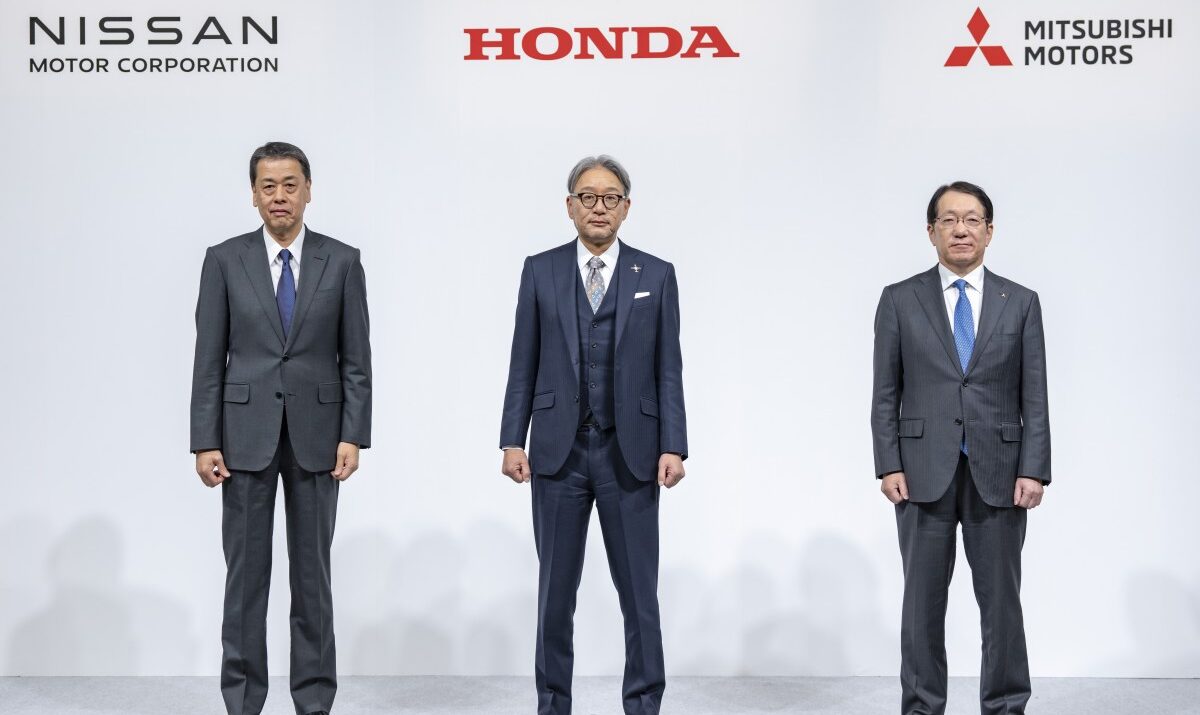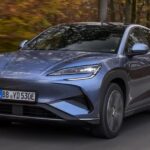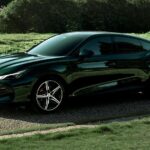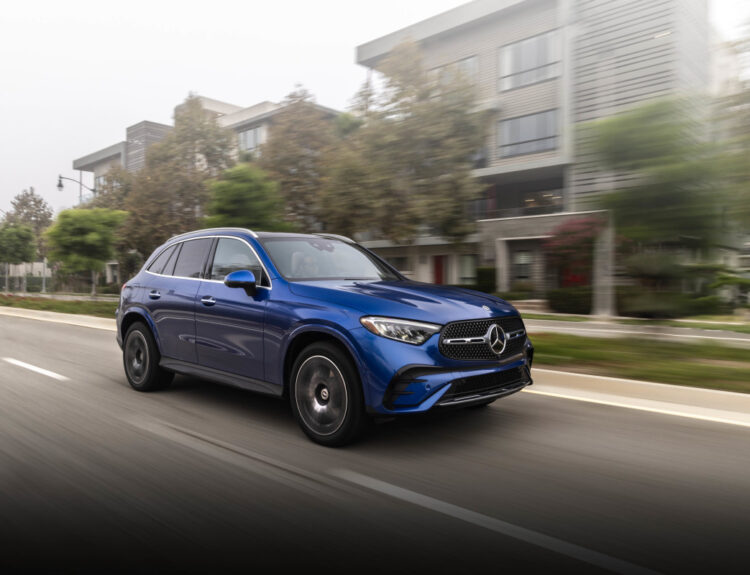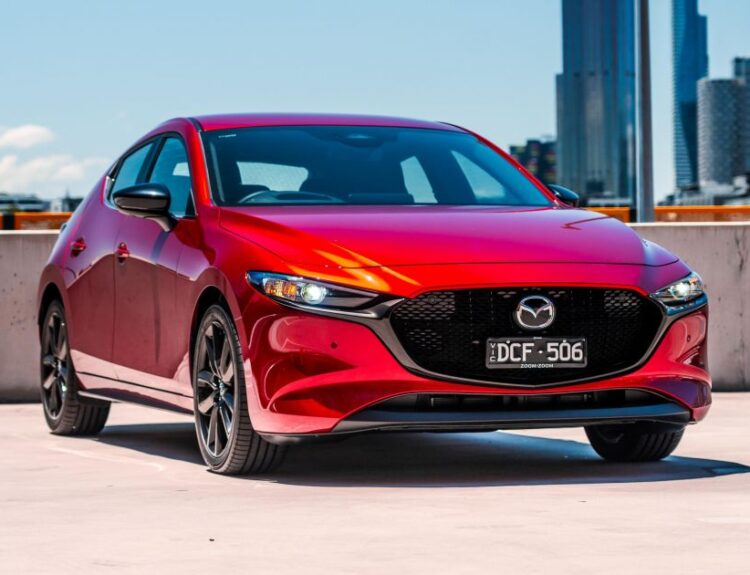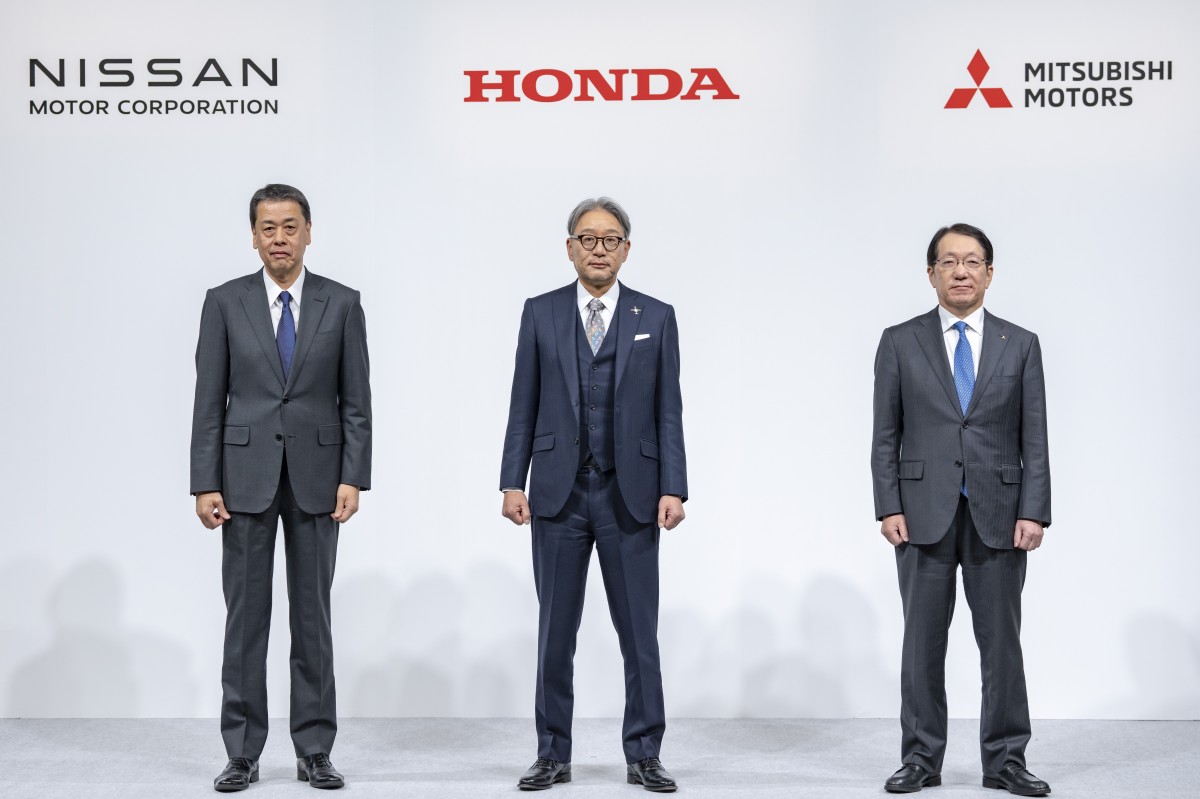
The automotive sector is currently abuzz over a possible merger between Honda and Nissan, two venerable Japanese carmakers facing distinct challenges. While the prospect has generated considerable media attention, it has simultaneously been met with caution from analysts and bewilderment within the industry.
Even Honda’s CEO, Toshihiro Mibe, appeared to struggle articulating the strategic merits of this potential partnership. When questioned about Nissan’s suitability as a collaborative counterpart, Mibe admitted, “That’s a difficult one.” Although a merger could lead to the formation of a global automotive powerhouse capable of producing 7.4 million vehicles annually, skeptics are weighing whether this alliance represents a savvy strategic initiative or a misguided leap of faith.
Related: GMC Sierra EV first drive: A surprisingly nimble behemoth
A Disproportionate Alliance
The pairing of Honda and Nissan appears far from a merger of equals. Honda has enjoyed relative stability, buoyed by a robust hybrid lineup and a dedicated customer base. Nonetheless, the brand has struggled to carve out a significant presence in the electric vehicle (EV) sector, particularly following the dissolution of its alliance with General Motors.
Nissan, in contrast, finds itself in precarious circumstances. The automaker’s financial performance has declined, its dealer network has weakened, and progress in its electric lineup has stagnated. The Leaf, once hailed as a pioneering EV, now seems outdated, while the Ariya has largely failed to reach desired sales figures.
Analysts speculate that Honda may be stepping in as a protective force for Nissan, possibly thwarting a hostile takeover attempt by Taiwan’s Foxconn. Despite Honda’s assertion that the merger is “not a rescue,” many view it as an attempt to stabilize Nissan and shield Japan’s automotive sector from foreign acquisitions.
Related: Cybertruck sales plummet; Tesla introduces free charging with significant caveats
Government Influence and Strategic Motivation
There are indications that Japan’s Ministry of Economy, Trade and Industry (METI) may have played a role in facilitating the merger. By promoting this collaboration, METI might be striving to keep Nissan firmly under Japanese ownership, effectively countering Foxconn’s interest in acquiring the beleaguered automaker.
Known for assembling Apple’s iPhones, Foxconn reportedly paused its plans to bid for Nissan as it awaits the outcome of the Honda-Nissan discussions. While the company hasn’t entirely dismissed the notion of a future bid, it appears content to let the two Japanese firms chart their own course before revisiting its options.
The Benefits and Challenges of Collaboration
On the surface, the merger could provide significant synergies. Honda’s prowess in hybrid technology might rejuvenate Nissan’s aging model lineup, while Nissan’s established EV framework could offer Honda the leverage it requires to thrive in the burgeoning electric marketplace. Additionally, Nissan’s far-reaching manufacturing network and footprint in Southeast Asia could enhance Honda’s global operations.
However, considerable overlap exists between the two companies, raising questions about whether their amalgamation would yield a stronger organization. Julie Boote, an analyst at Pelham Smithers Associates, has expressed reservations about the merger’s feasibility, suggesting that Honda would have been better off partnering with a more financially sound entity.
Both companies are also hampered by challenges related to overcapacity and face intensifying competition from burgeoning Chinese EV manufacturers—a factor that both encourages and complicates potential cooperation.
Related: 2025 Toyota Crown Signia review: An abundance of luxury?
A Long and Winding Path
Should the merger advance, analysts predict that tangible results may not materialize for three to five years. In that interim, competitors like Toyota, Volkswagen, and emerging Chinese carmakers are poised to widen any gaps in market competitiveness.
Carlos Ghosn, the former CEO of Nissan who now lives in exile, has not held back in his criticism of the merger. “That means you’re prioritizing control over performance,” he remarked. “Personally, I doubt it will succeed.”
Related: 2026 Hyundai Palisade challenges Range Rover’s luxury market
Investor Sentiment
Since the news of the potential merger broke, the stock values of both Nissan and Honda have experienced volatility. Following an initial surge of over 60% for Nissan, concerns about investor stakes in the proposed holding company prompted a downturn. Meanwhile, Honda’s stock rallied approximately 17% recently after the announcement of a $7 billion share buyback plan slated to occur by next December, reinforcing investor confidence amid merger anxieties.
Honda Prelude Concept
Honda
Concluding Thoughts
The Honda-Nissan merger raises numerous questions. Why would Honda choose to align itself with a company on the verge of financial collapse? Is this a well-calculated move to safeguard domestic interests, or merely a desperate attempt to remain relevant in a competitive landscape?
Absent clearer communication from the entities involved, the potential merger risks being regarded as a last-ditch effort rather than a bold strategic maneuver. If even Honda’s CEO finds it challenging to convincingly outline the rationale behind the partnership, it’s no surprise that the automotive community remains wary.
For now, the road ahead for both Honda and Nissan remains uncertain. While the merger offers the potential for mutual growth, it also highlights the formidable challenges they face as they navigate a swiftly shifting industry. Whether this union will emerge as a triumphant narrative or a cautionary tale remains to be determined.
Related: Major flaw at VW Group leaves 800,000 owners’ data exposed since summer
Source:www.autoblog.com

